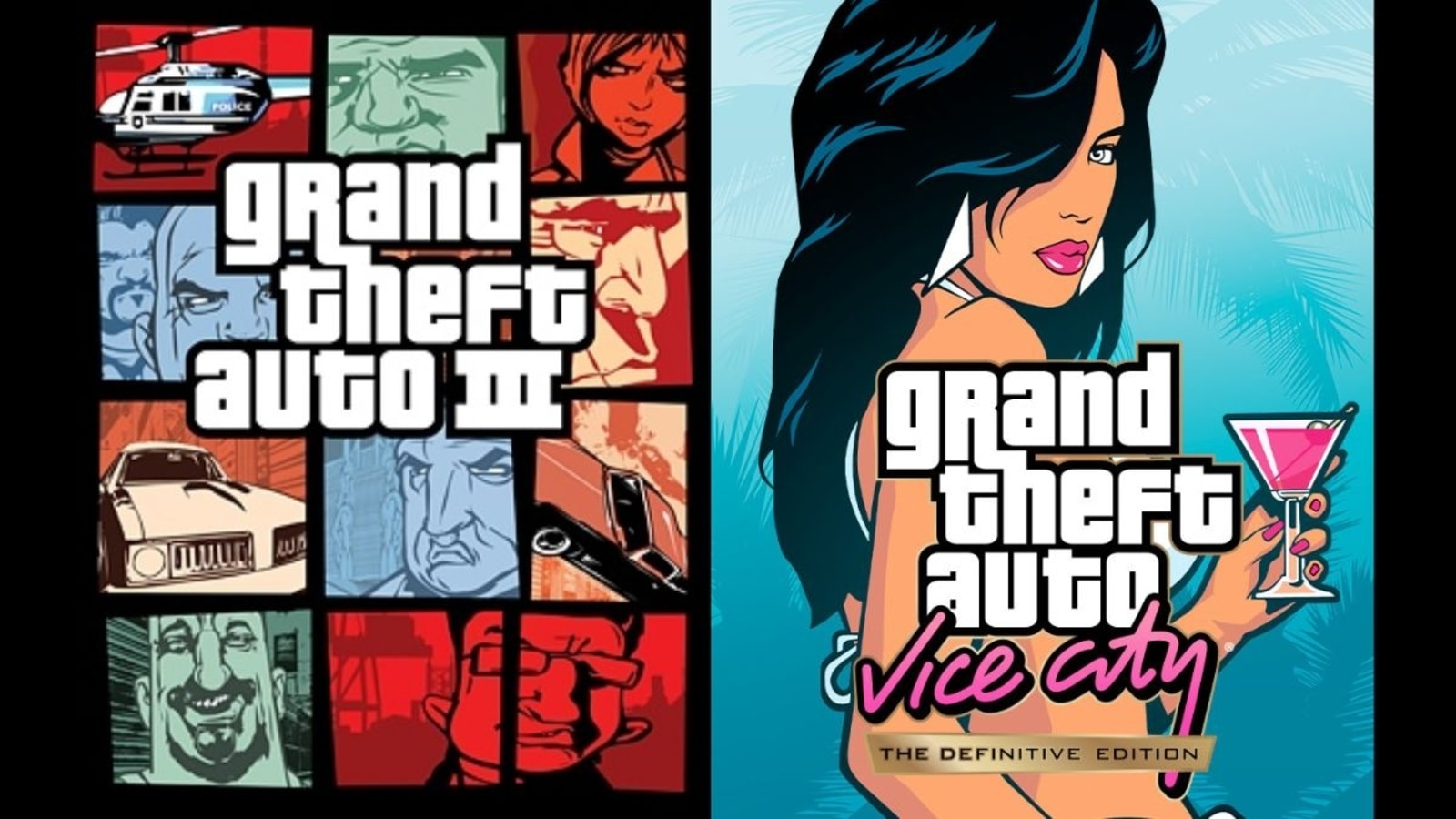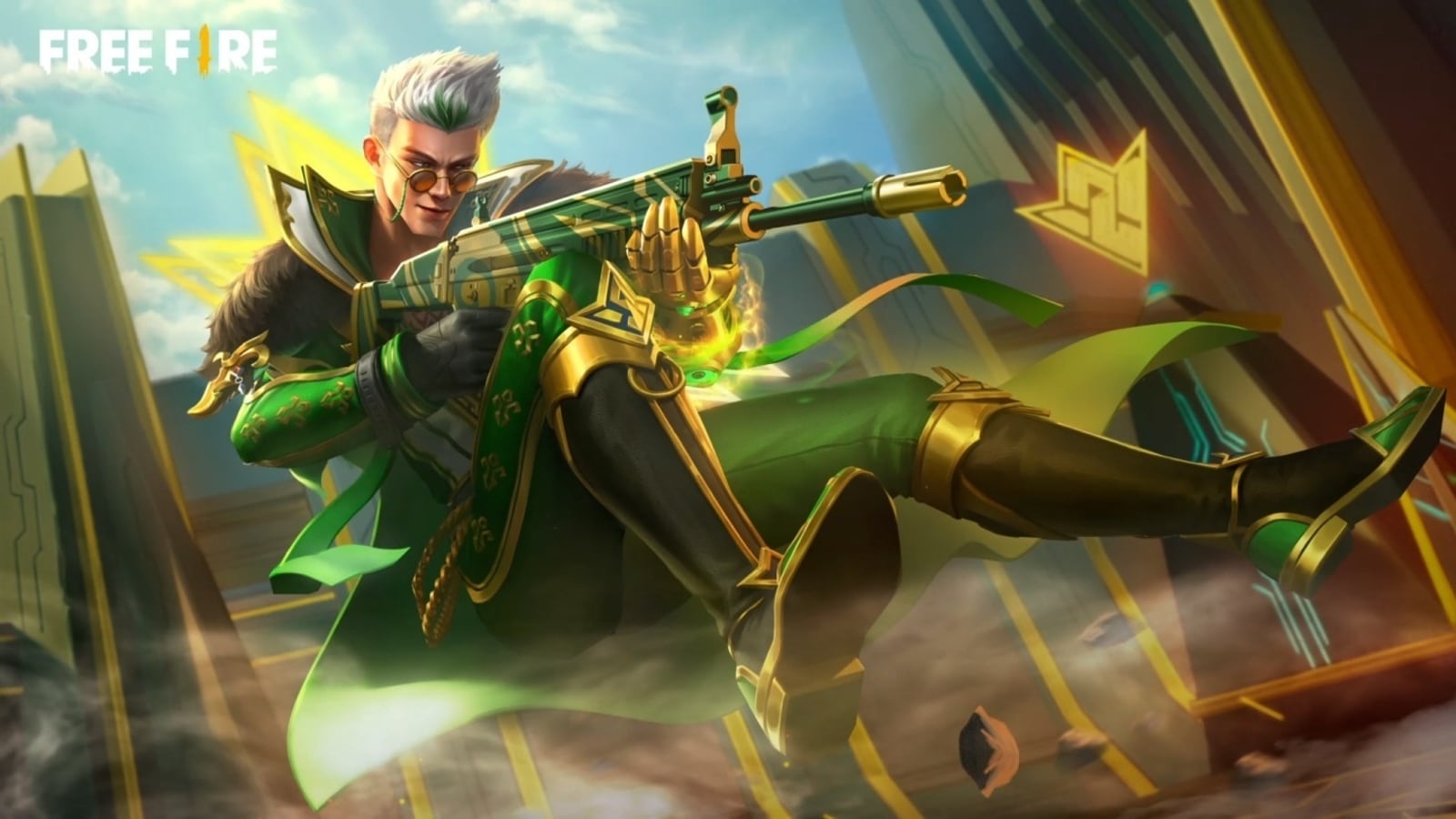Roger Memos, the writer-director of the documentary film “Marsha Hunt’s Sweet Adversity” (2015), confirmed the death but did not know the immediate cause.
Few performers had a more auspicious beginning. After a brief modeling career in Manhattan, Ms. Hunt headed to Hollywood at 17 at the suggestion of an admiring photographer who intuited her future in film and orchestrated a ruse to pique the interest of movie studios.
A photo of her was sent to every paper in Los Angeles with text about how the radiant cover girl was turning down many studio offers. Of movies, she was quoted: “No pictures for me.”
The intrigue worked, landing her a contract at Paramount studios and the romantic lead in her first film, “The Virginia Judge” (1935), opposite Robert Cummings. With her heart-shaped face and wholesome allure, Ms. Hunt was cast in more than a dozen films in her first two years on-screen — some opposite John Wayne and Buster Crabbe. Few were distinguished enough to catapult her to cinematic heights.
Ms. Hunt said she begged studio executives to end her run of dewy-eyed coeds and romance-minded ingénues and give her a better range of parts, even if it meant a drop from marquee billing. She said Paramount officials told her she seemed ungrateful, given her stardom. After her contract expired, she became a prodigious freelancer, often at low-budget “poverty row” studios.
“I was 20 years old then and I was a has-been because I had only played sweet young girls,” she told the publication Film Talk in 2004. “I took anything I could get, just to keep busy,” she added. “I worked at studios that made pictures — and I mean whole feature films — in six days.”
A small role in the popular Andy Hardy series — as a spendthrift wife in “The Hardys Ride High” (1939) — led to a contract at Metro-Goldwyn-Mayer, the most prestigious studio in town.
Ms. Hunt became one of MGM’s most reliable and appealing stalwarts of second-tier features. In “Kid Glove Killer” (1942), a taut suspense film with light-comedy elements, she played a fetching assistant to Van Heflin’s forensic scientist. She was Robert Young’s warmhearted wife in “Joe Smith, American” (1942) and brave pilot Franchot Tone’s sweetheart in the wartime propaganda film “Pilot #5” (1943).
She also won supporting roles in A-list productions including “Pride and Prejudice” (1940) starring Greer Garson and Laurence Olivier, “The Human Comedy” (1943) with Mickey Rooney, and “The Valley of Decision” (1945) with Gregory Peck and Garson.
“I didn’t care about billing,” Ms. Hunt told Film Talk. “I didn’t care about being the lead, fame or anything like that. I didn’t want to be a star: I wanted to be the best actress I could possibly become and they were letting me grow with every role.”
In addition to her screen work, Ms. Hunt also became known for her volunteer activities raising morale and funds for the Allied war effort in World War II. She embarked on a USO tour of Canada and Alaska, sold war bonds and became captain of a team of hostesses at the Hollywood Canteen, which catered to servicemen on leave. “I think I danced with five thousand men every Saturday night,” she later said.
Her career waned after the war. In a small role, she was cast against type — as a vamp — in “Smash-Up: The Story of a Woman” (1947) starring Susan Hayward as an alcoholic chanteuse. Ms. Hunt also had the bad luck of being the good girl in the crime drama “Raw Deal” (1948).
She turned successfully to TV and Broadway to boost her profile and demonstrate what Hollywood had failed to fully capture of her range. Reviewing her work as Viola in an NBC production of “Twelfth Night” in 1949, New York Times TV critic Jack Gould praised her understated charisma and mastery of making Shakespeare’s couplets sound effortlessly conversational.
Her work as a parson’s wife opposite Maurice Evans in a well-received 1950 Broadway revival of George Bernard Shaw’s “The Devil’s Disciple” landed her on the cover of Life magazine — a major publicity coup. Her timing was unfortunate. Her name also appeared soon after in Red Channels, a pamphlet that stoked anti-communist paranoia and had tremendous influence over the hiring decisions of TV and film studios.
The most serious charge, Red Channels noted, was Ms. Hunt’s membership in the Committee for the First Amendment. This group of about two dozen high-profile entertainers, including Humphrey Bogart and Lauren Bacall, flew to Washington in 1947 to protest the imprisonment of 10 noted writers, directors and producers for contempt of Congress for refusing to reveal their political allegiances to the House Un-American Activities Committee.
Decades later, she recalled the HUAC inquest as “an appalling display of the denial of citizens’ rights.” It was an era when livelihoods were destroyed by innuendo about fealty to Moscow, and while she was never jailed or charged with any crime, she found that work was drying up. She told the New York Herald Tribune in 1956 that she twice signed anti-communist loyalty oaths to procure jobs in film and TV but that she drew the line at taking out an advertisement in trade papers.
“I’ve been up for several pictures, but it’s quite an unyielding wall,” she said to the Herald Tribune. “The price of work today is guilt and repentance. I’m not guilty so I can’t repent. If only I had been a Communist, I could have joined with the other prodigal sons and daughters and would have been welcomed back into the fold.”
Marcia Virginia Hunt was born in Chicago on Oct. 17, 1917, to an insurance company executive and a voice teacher. She grew up in New York, where she developed an interest in acting in grade school. After graduating at 16 from the Horace Mann High School for Girls, she became a John Powers model to subsidize her drama classes.
Her first marriage, to Paramount film editor and future director Jerry Hopper, ended in divorce. She was then married to screenwriter Robert Presnell Jr. from 1946 until his death in 1986. Her stepson, Peter Presnell, died in 2020. She had no immediate survivors.
Ms. Hunt worked periodically after the blacklist era — notably as the mother of a disfigured war veteran in “Johnny Got His Gun” (1971) — but she said the “momentum” to her screen career was gone.
She gravitated to activism, propelled by a two-month around-the-world trip in the mid-1950s. Being exposed to what she called the “extremes of beauty and splendor and . . . the squalor of abject poverty” spurred her involvement with the American Association for the United Nations. (The group supports the world body and is now known as the United Nations Association of the United States of America.)
As president of the San Fernando Valley chapter, she raised money and served as an impassioned voice on food insecurity, refugee crises and other humanitarian matters. After a homemade bomb destroyed the office in 1963 — part of a pattern of similar terrorist attacks aimed at the U.N. group and interfaith officials in the area — she spoke out against right-wing extremism. Decades later, she worked on alleviating homelessness in the Los Angeles area.
She was seldom more expressive than when discussing a life spent pushing back against authority.
Recalling her blacklisting, she told Film Talk: “I was told that in fact it wasn’t really about communism — that was the thing that frightened everybody — it was about control and about power.
“The way you get control,” she continued, “is to get everyone to agree with whatever is proper at the time, whatever is accepted. Don’t question anything, don’t speak out, don’t have your own ideas, don’t be articulate about it, don’t ever be eloquent, and if you ever be one of those things, you’re controversial. And that’s just as bad, maybe worse, than being a communist.”

























